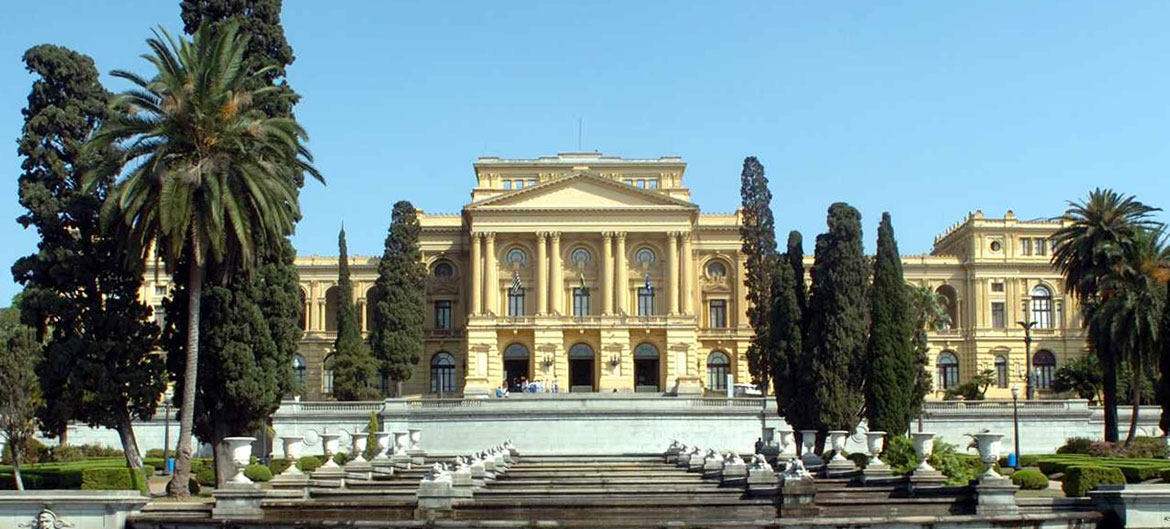University of São Paulo: USP will share good environmental management practices with Brazilian universities
In view of the warning in the report of the Intergovernmental Panel on Climate Change (IPCC), released in August, about the possibility of a climate collapse that could result in irreversible effects for the planet, actions promoted by universities can not only mitigate these effects but also serve as a example for society to seek solutions. Hence the importance of events such as the fifth National Workshop on UI GreenMetric for Universities in Brazil , which will be promoted in di to September 30th, the Superintendence of Environmental Management (SGA) at USP, with inscriptions on the link . O The meeting will take place online, free of charge and in Portuguese, with the aim of sharing sustainable management practices at universities, in addition to discussing the challenges and lessons learned during the pandemic.
“The event becomes even more important when, with the IPCC report, we clearly know that the atmosphere is warming, that we are responsible, and that we must motivate actions to reduce the emissions that contribute to global warming. We need to have more sustainable attitudes to benefit the environment and the planet and, with this, show society that universities are working and that they can become examples of sustainable actions for everyone”, highlighted Tércio Ambrizzi, superintendent of Environmental Management at USP and professor at the Institute of Astronomy, Geophysics and Atmospheric Sciences (IAG).
During the workshop, attendees will also be able to ask questions about joining the UI GreenMetric World University Rankings . It is an initiative coordinated by the University of Indonesia to map the sustainability-related practices of universities around the world. In 2019, USP was ranked 18th on the list. In the last ranking, in 2020, USP was ranked 13th among more than 912 institutions distributed in 84 countries.
“We have evolved year after year in terms of rising in the ranking and this is important because it is showing that the University is working to improve its sustainability indicators and to increasingly become a university internationally recognized as sustainable”, explains Ambrizzi.
He also highlights that, even during the pandemic, the University continued with its environmental management activities, with the publication of notices, promotion of research and management of ecological reserves on the various campuses. “Like last year, Greenmetric will need to take a careful look at the indicators in 2021 because several universities were closed and with that there is a reduction in spending on water and energy, waste production, etc., so the numbers will go reflect another reality.”

